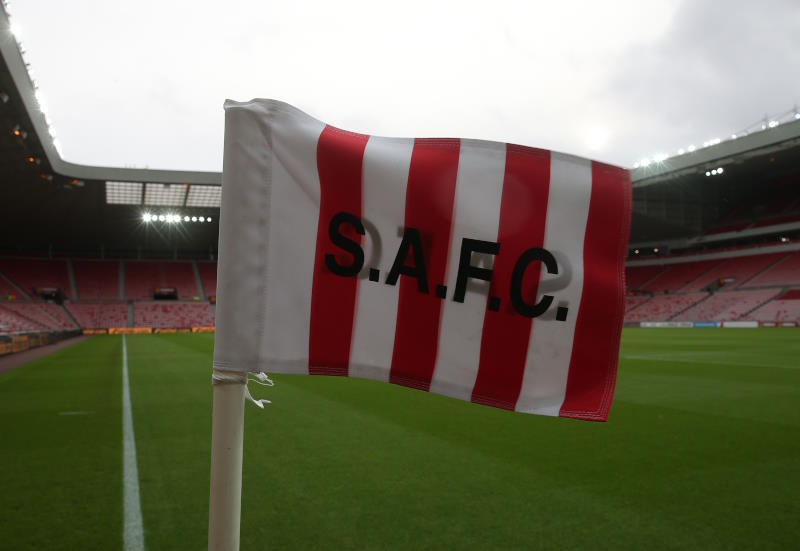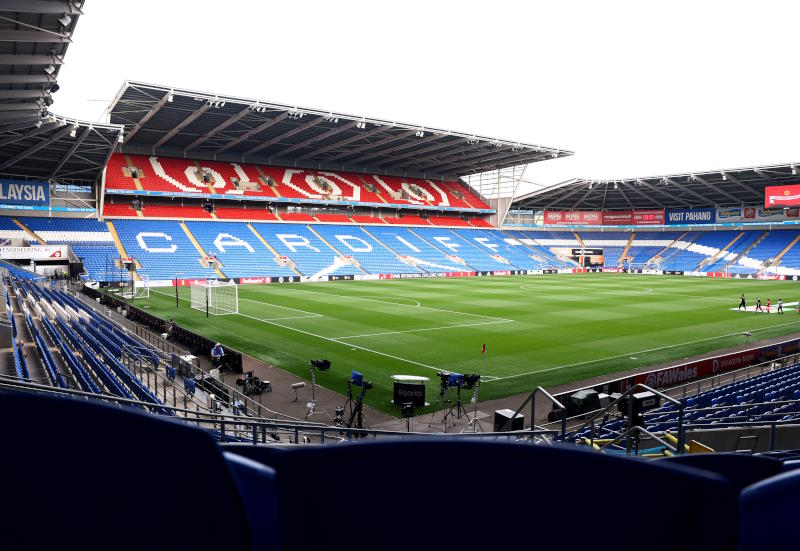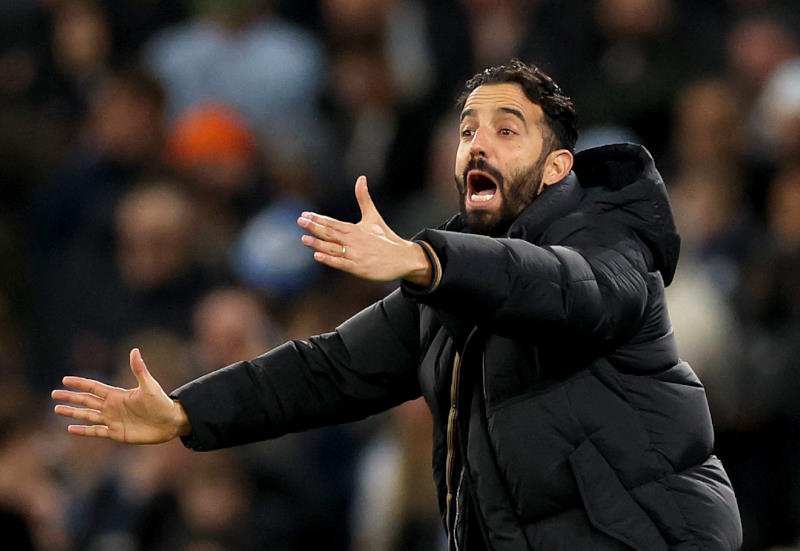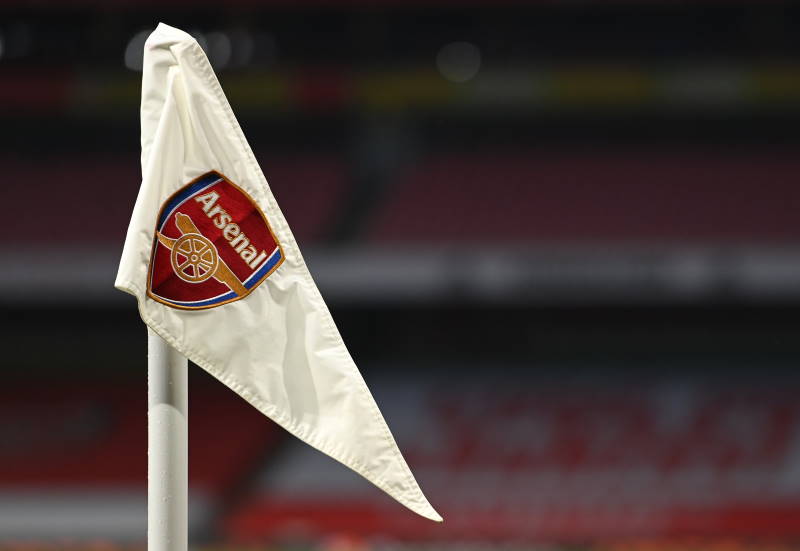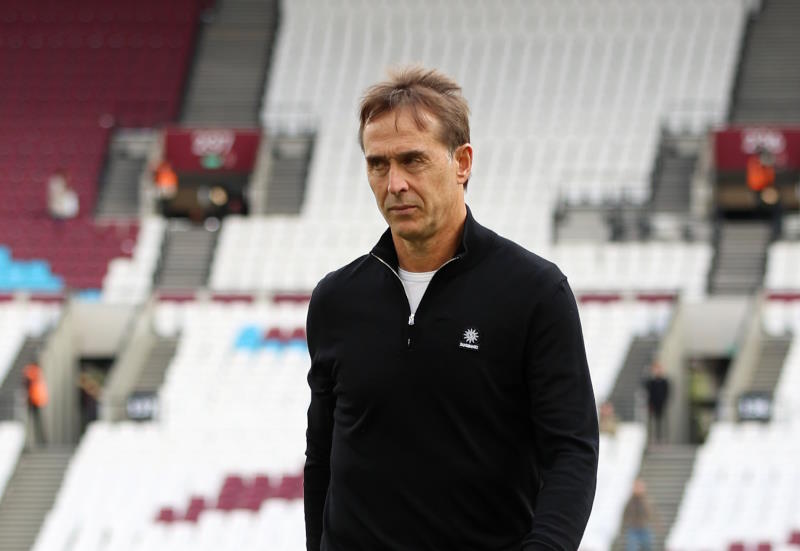Stillness and Speed is a tribute to the career of Dutch legend Dennis Bergkamp. He is a fascinating character to read about, as his outward modesty and open disdain for the limelight betrays an inner certainty and some strident views on the game and the way it should be played.
As an avowed ‘Cruyffist’, Bergkamp is currently at Ajax as a youth coach, helping carrying out Johan Cruyff’s vision for the future in a bid to return the Dutch giants to their former glories: In complete agreement with Cruyff’s way of playing, pressing, constantly attacking, Bergkamp notes that they sometimes disagree, but as he puts it, ‘never on principles’. The book takes an intriguing journey through Bergkamp’s own perspective on the football philosophy that has inspired some of the world’s greatest teams, from Barcelona to AC Milan; and of course Arsenal, where Bergkamp eventually found the ideal home for himself, via a stint at Inter.
The book reveals that Bergkamp knew very little about the north Londoners and there is an amusing anecdote detailing how the forward bumped into Ian Wright in a remote service station on the day he signed for the Gunners. Stillness and Speed beautifully illustrates how the Dutchman was integral to the double triumphs in 1998 and 2002, and then in making Arsenal invincible in 2004. Bergkamp’s constant quest for perfection, his urging of team-mates to play difficult balls to him to make him work harder, and a work ethic that inspired those around him to stay late after training, provide the explanation. He forced his team-mates to go the extra mile, to learn to pass and control the ball better and better; Bergkamp was the inspiration behind Arsenal.
There are fascinating insights into his mind throughout the book. For example, Bergkamp felt let down by constant hiring and firing at Inter, and worried that history was repeating itself when Bruce Rioch was dismissed at the end of his first season at Highbury. When Arsene Wenger was appointed and the English press asked who he was, the knowledgeable Bergkamp remembered how the Frenchman’s Monaco team had achieved success playing with a variant of Cruyff’s Total Football.
Another one of those insights is Bergkamp’s disdain for tactical instructions. Wenger’s management was precisely what Bergkamp needed. He was given the responsibility to work out for himself what to do on the pitch, rather than meticulous tactical instructions. That is why Cruyff was such a fan of Bergkamp when he managed Ajax; he wanted players intelligent enough make tactical decisions for themselves, and stands in stark contrast to the controlled, risk averse tactical instructions of certain other coaches in today’s game.
As you read through Stillness and Speed, you are reminded that the ingredient Arsenal have missed most since the Invincibles won the title in 2004 is the spark of genius and perfection passing of their former Dutch maestro. Whenever the Arsenal of Wenger were at the height of their powers, so was Bergkamp. It is easy to forget, because Bergkamp was never about show, never about ego. Bergkamp solutions were pragmatic, imaginative and unerringly accurate, and interviews with Arsenal players from the time reveal the Dutchman’s underrated centrality to their success.
The spirit of the book however remains essentially about Bergkamp’s great goal against Argentina in the World Cup in 1998, which required Bergkamp to remain still in mid-air to control a long pass, then demonstrate speed to knock the ball past Roberto Ayala with his second touch and finish with his third. One disappointment with the book is that, whilst going into detail about the Argentina goal, there is barely any mention of Bergkamp’s majestic treble against Leicester City in 1997, one of the great individual hat-tricks, which famously won first, second and third place in a goal of the month contest, although there is time to talk through his famous goal against Newcastle in 2002. The other disappointment is that it becomes apparent how much better Bergkamp could have been if he had the flamboyant confidence of a Thierry Henry or Zinedine Zidane. Still, on the back cover, Wright describes Bergkamp as “the greatest signing Arsenal have ever made, and ever will make”, and the book leaves you unable to disagree.
Buy Dennis Bergkamp's autobiography here.


